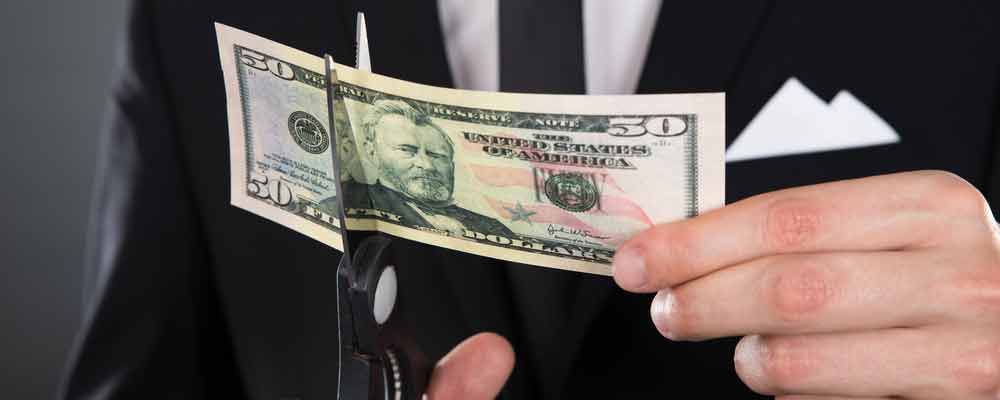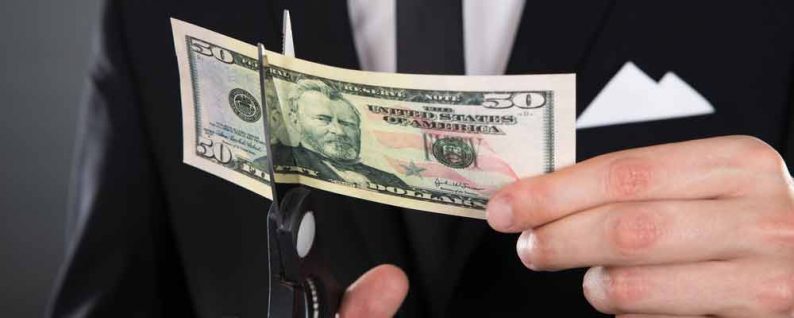I receive emails all the time from people who say: “I only want to invest in safe stocks with a good dividend.”
That’s great. But what’s “safe” in one market cycle isn’t always safe in another.
And when it comes to income investing, the rule of thumb is when the “safe” reputation of a stock disappears, so do investors’ dividend payments.
So, add a new word to your income investor vocabulary: sustainability.

That’s especially the case if you enroll in a dividend reinvestment plan (or DRIP for short).
In a dividend reinvestment plan, investors’ dividend payments are automatically steered back into the purchase of yet more shares of stock, quarter after quarter.
It’s a great way to build tremendous wealth over years’ worth of time, as the company grows and the value of the investor’s holdings and dividend payments grow with it. But if the company’s dividend turns out not to be sustainable, neither is the strategy.
A Dead-End Dividend
Case in point: the ongoing travails of General Electric Co. (NYSE: GE).
To individual investors, GE was considered, until very recently, perhaps the safest of safe stocks.
After all, GE’s been a member of the Dow Jones Industrial Average for the entire 122-year history of the index. It has survived booms and busts from the industrial era right up to the digital era.
And from its flows of excess cash, GE paid dividends to a legion of investors for nearly its entire existence. Until last year, GE only cut its dividend on two occasions, both of them economic national emergencies — the Great Depression, and 70-plus years later, the more recent Great Recession.
But this is where a dividend’s sustainability comes into play. Companies change. Economies change. Yesterday’s “safe” stock becomes tomorrow’s rabbit hole of value.
It’s All About Cash Flow
Companies pay their dividends from the excess cash generated by their business. So I use a measure called free-cash-flow yield to gauge whether a company’s operations are healthy enough to keep paying (and hopefully raising) the dividend in coming years.









Leave A Comment